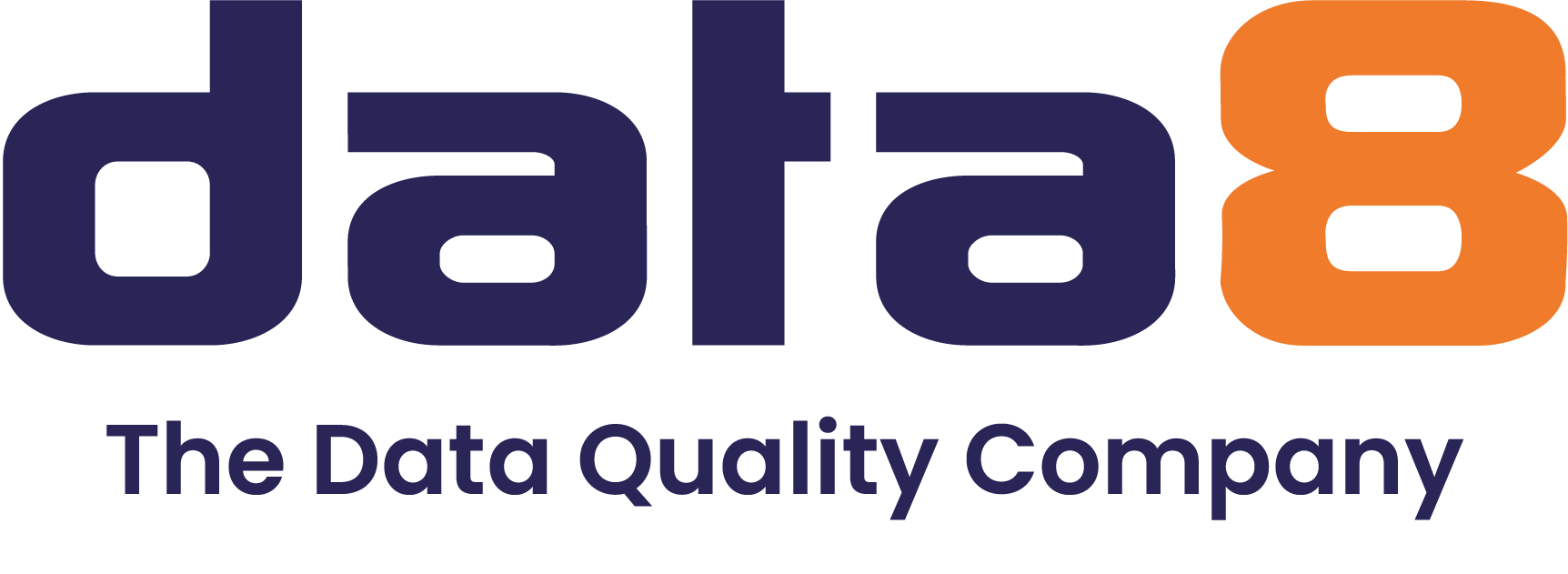
Data Ethics: Navigating the Ethical Challenges in the Digital Age [Updated May 2025]
In today’s digital age, data has become a valuable resource that drives innovation, decision-making, and business growth. By 2025, individuals and companies around the world will produce an estimated 463 exabytes of data each day[1].
However, the collection, use, and analysis of data also raise important ethical considerations. As organisations harness the power of data, it is crucial to prioritise data ethics to ensure responsible and ethical practices.
Here we explore the concept of data ethics, its importance, key considerations, and the role of individuals and organisations in upholding ethical standards.
Defining Data Ethics
Data ethics refers to the moral principles and guidelines that govern the collection, use, and handling of data. It involves considering the impact of data practices on individuals, society, and the broader ecosystem. Data ethics aims to ensure fairness, transparency, privacy, accountability, and the responsible use of data.
The Importance of Data Ethics
- Privacy Protection – Data ethics ensures the protection of individuals’ privacy rights by safeguarding the personal information collected and processed.
- Avoiding Bias and Discrimination – Ethical data practices aim to minimize bias in data collection and analysis to prevent discrimination against certain individuals or groups.
- Building Trust – Adhering to ethical standards helps build trust among customers, employees, and stakeholders, fostering stronger relationships and reputation.
- Legal Compliance – Data ethics ensures compliance with relevant laws and regulations surrounding data protection, privacy, and security.
- Responsible Innovation – Ethical data practices encourage responsible and sustainable innovation that considers the potential ethical implications of new technologies and applications.
Key Considerations
- Informed Consent – Individuals should have a clear understanding of how their data will be collected, used, and shared, and give their informed consent.
- Data Privacy and Security – Organisations must implement robust measures to protect data from unauthorized access, breaches, and misuse.
- Transparency and Accountability – Organisations should be transparent about their data practices and be accountable for the consequences of their actions.
- Minimising Bias – Efforts should be made to minimize bias in data collection, analysis, and decision-making processes to ensure fairness and avoid discrimination.
- Data Governance – Organisations should establish clear policies and procedures for responsible data governance, including data storage, retention, and disposal.
- Data Sharing and Collaboration – Ethical considerations should guide data sharing and collaboration to ensure proper consent, privacy protection, and responsible use.
The Role of Individuals and Organisations
- Individual Responsibility – Individuals should be aware of their rights and responsibilities regarding their personal data. They should actively engage in understanding data practices and make informed decisions about sharing their data.
- Organisational Responsibility – Organisations must prioritise data ethics by establishing ethical frameworks, policies, and practices. They should promote a culture of ethical data usage, invest in data protection measures, and provide ongoing training to employees.
- Collaboration and Regulation – Collaboration between organisations, policymakers, and regulators is crucial in developing and enforcing ethical guidelines and regulations that protect individuals’ rights and promote responsible data practices.
According to a 2021 study by McKinsey Global Survey, only 17 percent said that their companies have a dedicated data governance committee. Whilst data ethics are not always top of mind for many c-suite executives, by prioritising data ethics, organisations can build trust, protect privacy, avoid bias, and foster responsible innovation. Making data ethics a critical consideration in the digital age, ensuring responsible and ethical practices in data collection, use, and analysis.
Individuals also play a crucial role by being aware of their rights and responsibilities regarding their personal data. As data continues to shape our world, embracing data ethics is essential for creating a fair, transparent, and trustworthy digital ecosystem that benefits individuals, society, and organisations alike.
